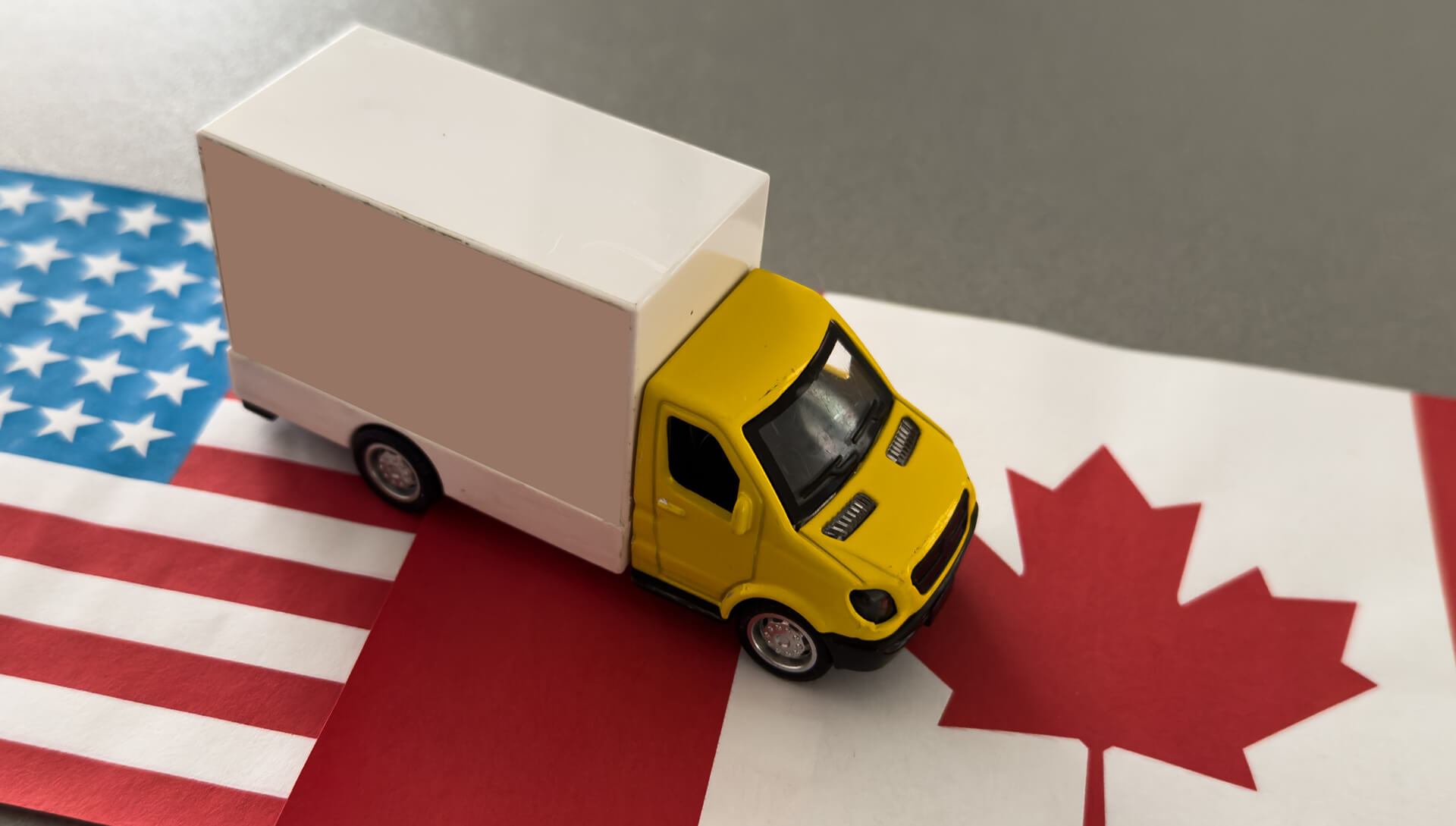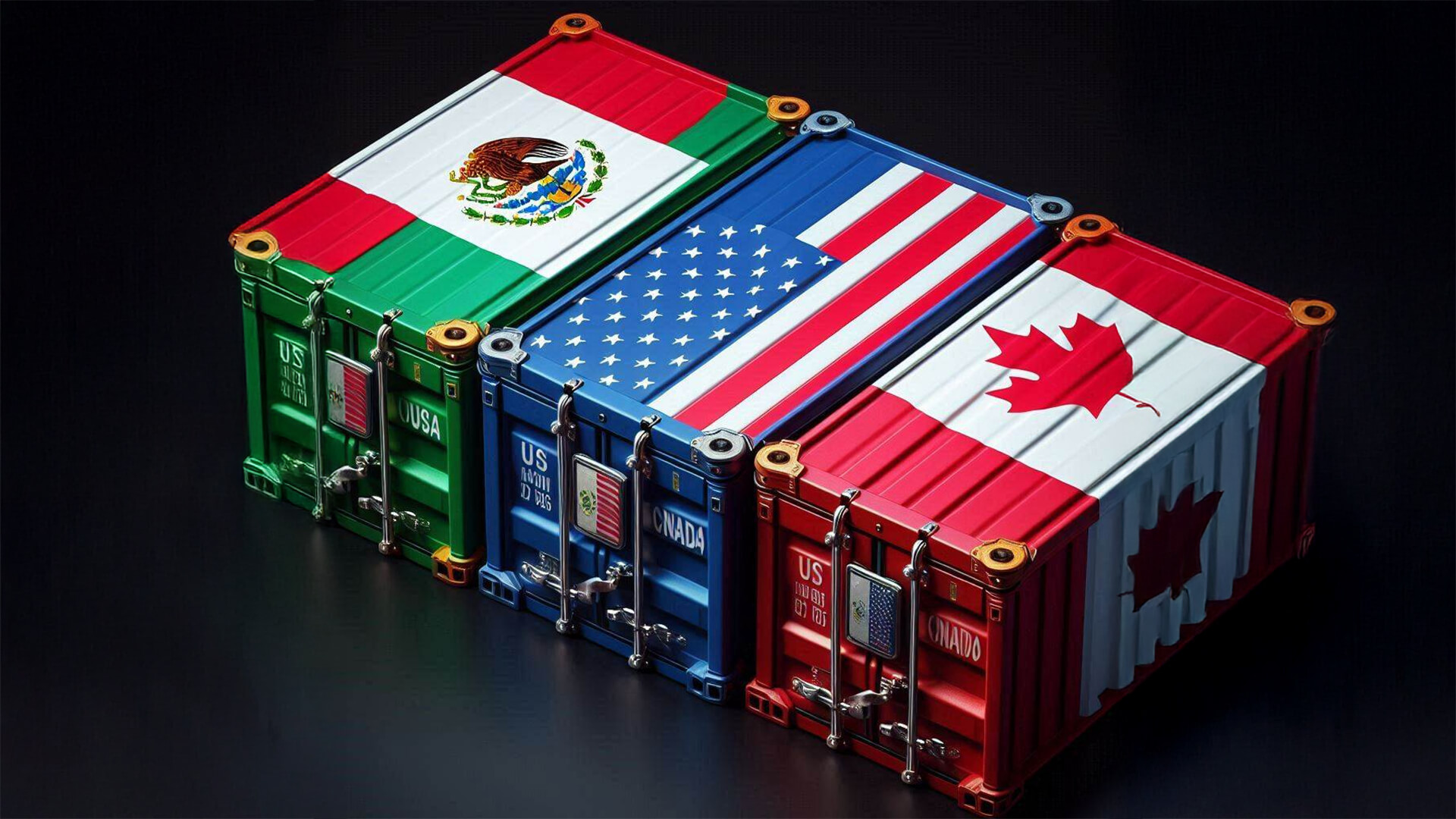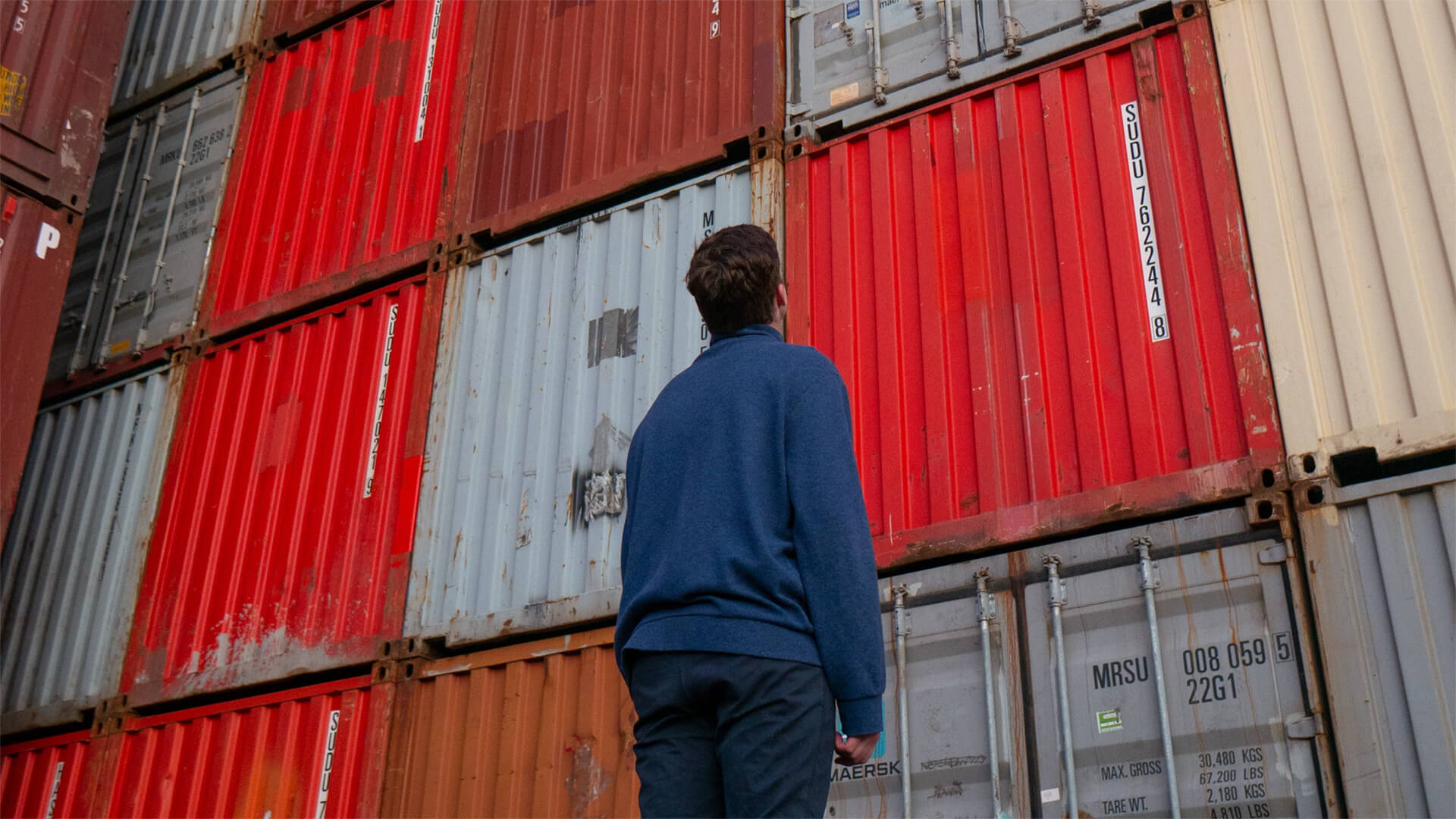Mexico is hoofing a 50% tariff onto imports from countries without a free-trade agreement, giving the US a strong leg up out of the gate while competitors like China and Korea get left circling the track.
Because the US and Mexico are built like steady workhorses rather than fragile export show ponies, keeping their industrial supply chains bridled together lets them keep pace as demographic headwinds start to throw export-heavy models off their stride.
With NAFTA renegotiations cantering up in 2026, this move shows Mexico isn’t about to buck the system — it’s staying in the same stable, tightening the reins, and betting North America can outrun the field for the long haul.
Transcript
Hey all, Peter Zeihan here. Coming to you from Arizona. This is, Well, this is biscuit. He likes to eat phone, so I’m on my back up now. Today we’re to talk about something that went down in Mexico yesterday. Yesterday was the 11th of two. And that is my hand. Likes to eat hands, too. It was the 11th of December.
And the Mexican Congress is in the process of passing a tariff bill, which, you know, from those of us on the north side of the border. It sounds pretty common. Anyway, the idea is that, Mexico will now have 50% tariff on, all products or almost all products that are coming from any country that it does not have a free trade agreement with.
Now, Mexico has gone out over the last 25 years and built free trade agreements with a lot of countries that are not the United States, but the United States is still responsible for over 80% of their exports. And the United States and Mexico are now one another’s largest trading partners. And that is a position that is likely going to persist for at least the rest of my life, and probably for the rest of the century.
Anyway. Why does this matter? Number one, Mexico is one of only a handful of countries in the world that still has a consumption led economy. He really wants my phone. Which means that in the world to come, where demographics are turning on a global basis, there just isn’t enough consumption capacity to drive what we consider to be a normal economic model for any appreciable amount of time.
Countries as diverse as Korea and Japan and Germany and China and Italy, are all basically aging out, running out of people who are under age 50, which means that any sort of consumption led system is almost impossible. And you can’t have an export LED system if you can’t export to someone. So countries that still have consumption led economies like Mexico and the United States, are ones that can actually have an industrial base that is matched to what they actually produce.
And if you can get those countries into a trading bloc, which honestly is some version of NAFTA, that’s basically the systems that are going to work. Everyone else is basically going to face some degree of do you industrialization and economic breakdown simply because the numbers don’t match up. So getting Mexico to put tariffs on countries, getting Mexico to put tariffs on countries that doesn’t have a free trade agreement with, means that the United States gets privileged access to the Mexican system.
And countries like China, most notably, but also including Korea. Yes. Yes, I’m still here. All of a sudden have some pretty big restrictions and the way that the law is being phrase is it focuses specifically on sectors that Mexico is pretty good at, or the United States is good at, or more likely, ones that we’re good at as a pair.
So what this is, is a big win, for the Trump administration in terms of shifting Mexico’s industrial policies to match American industrial policies and keeping Mexico and the United States locked together into an economic union. Now we have started the renegotiations of NAFTA now, and they’re probably going to be kind of brutal. But honestly, I don’t expect a whole lot to change.
Number one, Mexico, is our largest trading partner. And the degree to which things would have to alter, in order for anything else to happen are pretty extreme from the American point of view, because we do need their industrial output, and we do need their super market. Second.
The Trump administration still hasn’t staffed up the departments in the US government that would do negotiations in any sort of meaningful trade deals. I know that sounds crazy, considering that there’s like 200 under negotiation, but they’re really just about whether or not the United States can throw a tariff on without retribution.
And we’ve discovered that the answer is not really. So when you got a country like Mexico, where the hard work has already been done in NAFTA, one and NAFTA two, and after two was negotiated by the first Trump administration, I really don’t expect a lot of major changes to happen in this re renegotiation. Anyway. That’ll happen in calendar year 2026 regardless.
Bottom line, Mexico is showing itself to be very willing to be America’s long term partner, regardless of what the atmospherics of the politics happened to be. So with this new now, he’s after my shoes with this new structure in place. It pretty much guarantees for at least the next 20 years that the United States and the Mexicans will be working hand in glove on whatever the next phase of internationalism happens to look like.
And that is really good news, really, regardless of what your politics happen to be.










